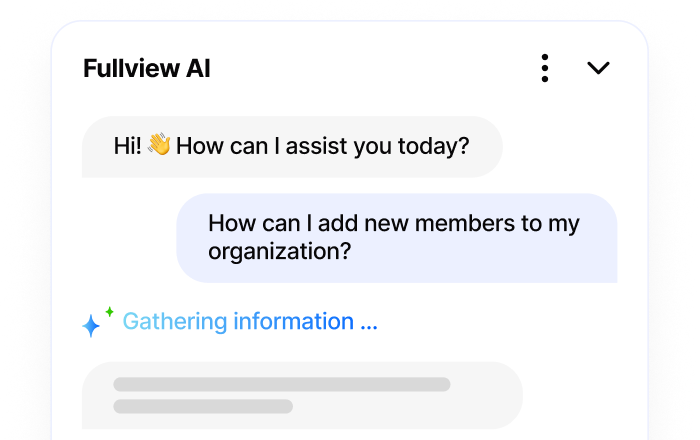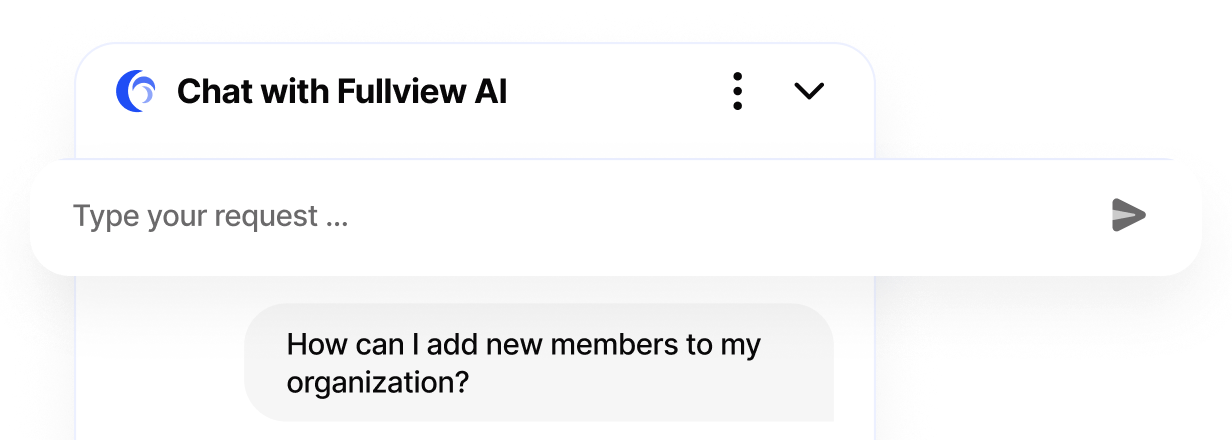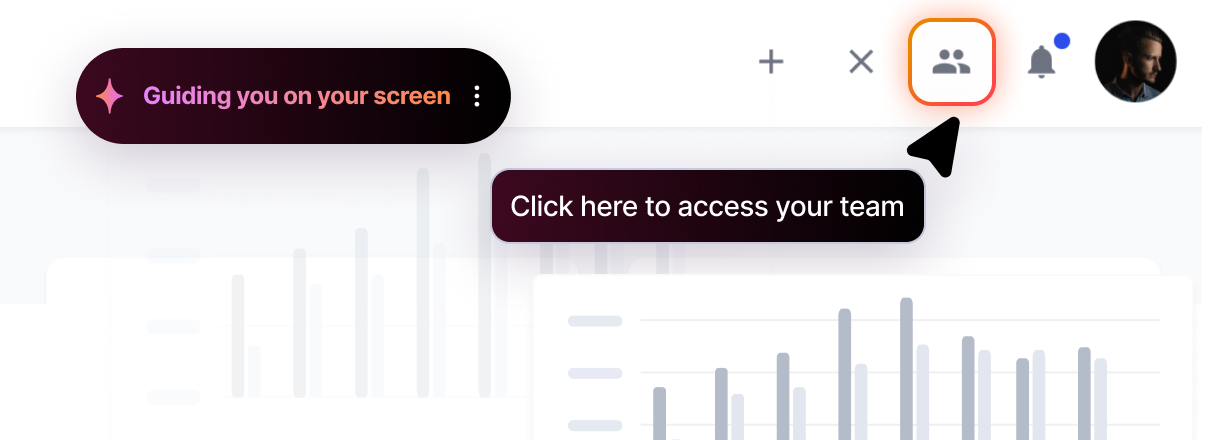If a customer reaches out with a problem about your product or service, you've likely opened a support ticket for them.
The customer care software industry often uses "ticketing" to describe the help desk function, where each customer inquiry is transformed into a "ticket" for a representative to address.
So, how does a customer support ticket work, and why is it essential to boost consumer satisfaction?
What is a customer support ticket?
A "support ticket" refers to the interaction between a consumer and a service agent. Customers open these support tickets with their issues, and customer service agents respond to them. The ticket is closed once the issue is resolved.
A customer support ticket is key in customer experience management, allowing companies to develop, maintain, and resolve any issues customers face. A customer service ticket usually contains the customer's name, contact information, and often their previous interactions with the business. Some tickets also include links to the user's recent in-app session, helping representatives quickly identify the issues that occurred leading up to the creation of the ticket.
Representatives and businesses help customers understand their products or services by addressing support tickets and fostering a positive customer experience. Support tickets are vital to customer care strategies, letting support staff track and prioritize issues. Resolved tickets provide valuable insights for businesses trying to identify trends when it comes to recurring UI/UX and product issues.
Growing businesses often face an increase in support tickets from multiple channels. Handling this volume manually can be overwhelming, making a customer support ticketing system a practical solution.
What is a customer support ticketing system?
Now that we’ve answered this question: “What is a support ticket?” let’s see how it relates to a ticketing system and how these support ticketing systems work.
A customer support ticketing system assigns a ticket or case number to each service query, efficiently assisting clients, partners, and internal staff.
Support ticketing systems automatically prioritize and organize inquiries in a central dashboard, where users can categorize, tag & assign tickets. These systems also show ticket status, enabling tracking of ongoing requests.
While many customer support solutions are available, making a choice can be tough, but their common goal is to resolve customer issues effectively.
Ticketing software serves as a central hub for communication, enhancing efficiency between agents and customers across various channels. It offers visibility into client interactions enterprise-wide, letting support staff collaborate on problem-solving and extract valuable information from requests.
An omnichannel ticketing approach consolidates customer support requests from all channels onto a unified dashboard, helping businesses streamline and optimize their ticket operations.
Gladly.com stated that informing customer care representatives about your company, products, and services is crucial for providing reliable information. Some systems allow the creation of a substantial knowledge base or help center, reducing customer tickets. This approach can redirect many common inquiries about product availability, payment methods, returns, and shipping.
In customer support ticketing, backlogs are common. To manage this, support managers can implement a ticket queue system to prioritize tickets and ensure timely responses to all customer requests. Plus, establishing a ticket escalation process is beneficial for handling more complex issues.
Customer service managers can use ticketing systems to evaluate team performance metrics like resolution time, response time, and first-reply time. These systems can also track the frequency of customer complaints, helping identify areas needing attention.
Types of data that customer support ticket contains
Every company should consider collecting, analyzing, and utilizing customer support data for learning. This data is valuable for marketing, retargeting, product improvements, customer experience teams, and other business operations.
Properly managed, it can reveal new market opportunities and significantly enhance customer satisfaction. The data you can retrieve from customer service tickets includes:
Customer information
A customer support ticket typically includes a customer's name, email, contact details, billing address, and other personally identifiable information. Properly filled out, it creates a comprehensive record of the customer's history.
Details like full name, email, phone number, location, and other relevant information help the support team provide personalized responses. Accurate customer data is key for a smooth support experience and meeting modern consumer expectations.
Ticket details
When you create support tickets, they’re given unique numbers for management and tracking, ensuring no tickets are missed and clients stay informed about their request's progress.
Customer care teams can assign tickets to relevant departments and prioritize them based on category to enhance efficiency and processing times. Tickets can be categorized by issue type like "technical support," specific subjects, tags, and the assigned agent. In some cases, which channel the issue came from can be useful when handling resolution.
Ticket priority classification is crucial for determining the order in which the support team handles tickets. A classification system like this specifies how quickly particular problems should be resolved. Based on the issue's nature, they can be marked as critical, high, low, or regular priority.
Service Level Agreements (SLAs) are vital for prioritizing customer support requests. They help businesses set clear resolution timelines based on the urgency of each issue, ensuring both the company and the customer have clear expectations.
By classifying the urgency of problems, support staff can ensure significant issues are addressed promptly according to priority level, reflecting the impact on the customer's operations.
Issue description
The issue or query in a support ticket should be detailed, allowing the agent to understand the situation fully. This detailed description helps determine the responsible department, how to handle the ticket, and its priority level. It's beneficial to include attachments or session replay recordings for further clarification.
Communication history
This refers to the complete record of all interactions between the customer service department and the customer. It includes updates, queries, previous history with the customer, and additional details offered by either party. It may also contain internal notes accessible within the company.
Product/Service information
Your customer support ticket should include any details for the product or service in question. This is especially relevant for businesses offering many options, as tracking which product or service is causing the issue can be hard.
Attachments
Attach screenshots, videos, or, better yet, session replay recordings to ticket replies and notes for better clarity among customers and team members. Integrations in ticketing systems like Salesforce Service Cloud, Zendesk, and Intercom with platforms such as Fullview add more detail to tickets.
For instance, integrating Fullview automatically includes links to the user's recent app sessions in an open support ticket, showing their actions before an issue, like visited pages, clicks, encountered problems, and signs of frustration like rage clicks.
Resolution details
Support organizations should track the types of tickets opened and examine how their teams resolve issues with end users. This is useful for resource allocation and understanding the daily operations of the customer service team.
Reviewing resolution details is beneficial as it reveals the skills of teams, workforce operations, how tickets are handled, the steps taken to fix them, and whether the ticket was closed or solved.
Feedback
Customer feedback is a reliable indicator of your customer support team's performance. It helps identify areas for improvement and success, enabling you to analyze client feedback and enhance the customer experience, thereby improving the support ticket process within your company.
Escalation information
In today's fast-paced, customer-focused environment, your team can quickly and effectively handle issues if you have a good ticket escalation mechanism.
Your ticket escalation process should detail who received the customer issue (support ticket), the team's training level, resource availability, and the escalation level required for efficient resolution.
Different team levels handle escalated customer issues based on complexity and other factors. For instance, level 3 support teams manage more technical or complex issues, while level 1 teams address simpler requests.
Analytics and reporting data
Ticket analytics is essential for identifying areas for improvement in customer service. By tracking metrics such as ticket volume, resolution rates, response and handling times, and escalation rates, you can proactively address potential problems. For example, if your analysis reveals slow responses from your support team, you can identify and address the underlying issues to reduce their response time.
An effective customer service ticketing system is crucial for the success of any organization, from small startups to large enterprises. That’s why Forrester’s Opportunity Snapshot study reports that 83% of decision-makers view customer service as a strategically vital function.
Wrapping things up
Support tickets are essential for customer-focused companies, helping client inquiry management and record-keeping. Support tickets and solutions boost firm efficiency and performance. Including customer support technology in your business’s tech stack is crucial for growth and customer satisfaction.
A customer service ticketing system differentiates businesses, helps them stay organized, and helps companies create exceptional customer experiences. Effective customer service requires tracking key metrics, prioritizing urgent cases, addressing common issues, and proactive consumer engagement.
Sources used:
Sources last checked on: 22-Nov-2023


.png)





.webp)
